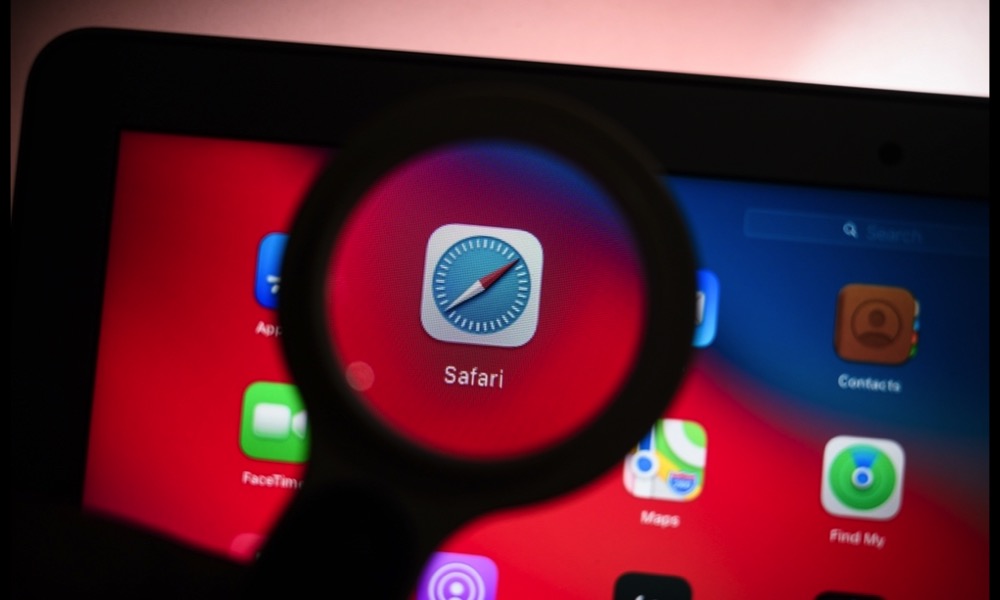Browser Companies Are Not Happy With The EU Browser Choice Screen in iOS 17.4
 Credit: Soumyabrata Roy / Shutterstock
Credit: Soumyabrata Roy / Shutterstock
Toggle Dark Mode
Although several third-party browsers report a jump in iPhone installs in the European Union following Apple’s changes in iOS 17.4 to comply with the EU’s Digital Markets Act, not many are pleased with Apple’s default browser choice screen.
With the release of iOS 17.4 in March, Apple now allows users opening Safari for the first time to choose from a list of alternative browsers to set as a default. The list is made up of the most popular third-party browser options in each country.
The change has benefited third-party browsers, as it has led to a boost in third-party browser use. Reuters reported on Wednesday that the use of the privacy-first browser Aloha jumped by 250% during March. The increase in users came mostly in France, Belgium (triple user growth), Germany, the Netherlands, Spain, and Sweden (2.5x user growth), and Denmark, Italy, and Poland (double growth).
The Aloha browser earns its money through paid subscriptions rather than selling ads by tracking users. The Cyprus-based company claims it has 10 million monthly users on average.
Before, EU was our number four market, right now it’s number two.Aloha CEO Andrew Frost Moroz, speaking to Reuters.
Vivaldi, Ecosia, and Brave have also all seen a significant increase in user numbers in the wake of the new regulations, as has privacy-first DuckDuckGo, which already claims approximately 100 million users, and the Opera browser.
To be included on Apple’s alternative browsers list, companies must have the Default Browser Entitlement that is available to developers, the app must have also been downloaded by 5,000+ iPhone users across all EU countries during the prior calendar year.
Apple was not the only company to offer browser choices in the wake of new EU rules, as Google’s Pixel phones now offer alternatives to Chrome. Devices from other Android phone makers are also expected to offer the choice screen soon.
Despite these moves by both Apple and Google, browser companies are condemning Apple and Google for what the browser developers say is the slow rollout of the change, which they claim is hampering migration away from Safari and Chrome. Mozilla claims only approximately one-fifth of iPhone users in the EU have installed the iOS update, saying the rollout is taking more time than previous iOS updates.
Meanwhile, Vivaldi CEO Jon Stephenson von Tetzchner says the iOS 17.4 choice screen only appears when iPhone users open Safari, and the list of browsers does not provide sufficient information.
The process is just so convoluted that it’s easiest for (users) to select Safari or potentially some other known name.Vivaldi CEO Jon Stephenson, speaking to Reuters.
“The list of browsers does not show additional information and that does not help users to make a meaningful choice,” a Vivaldi spokesperson told TechCrunch. “If the user has already selected a browser of their own choice, the choice screen can actively try to push them away from it and may not even include it in the list that it presents to the user.”
As you might expect, the European Commission is investigating Apple’s browser choice screen design due to the complaints. Since the browser companies are consulting with the EC, we’re likely to see a push for changes to level the playing field.







